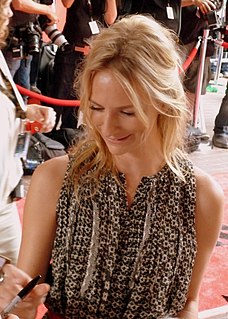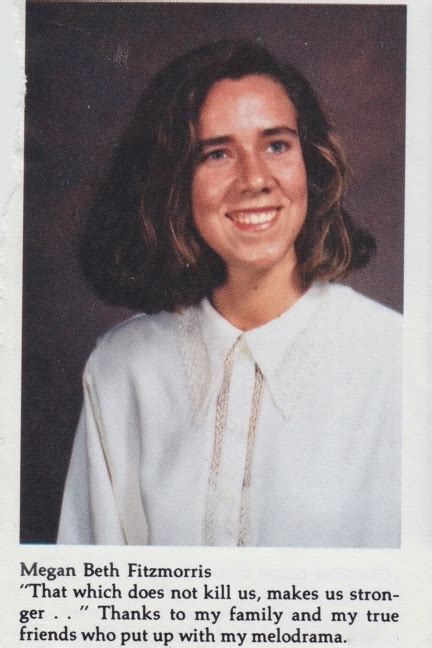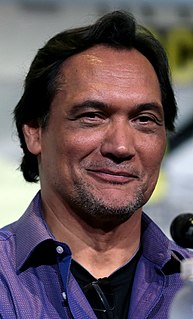A Quote by Leonardo DiCaprio
Like everything, personal relationships and all that stuff is sort of put on ice while you go off to your location for five or six months. So, do I feel more settled in my life and in my work? Absolutely, yeah.
Related Quotes
There are certain things you can say off the ice, but I think it's mostly on the ice. There are certain situations where you feel like the team may need a big play, something like that, where you feel like it's your responsibility to step up and you do that, but I definitely do that more on the ice than off.
I prefer shooting on location, just because it always helps you. You go some place, you put your life on hold even more than when you've settled in some place. You can make a new life so it opens yourself up to the make-believe and the imagination in a way when you aren't burdened by things that remind you of your life all the time.
I had a stormy graduate career, where every week we would have a shouting match. I kept doing deals where I would say, 'Okay, let me do neural nets for another six months, and I will prove to you they work.' At the end of the six months, I would say, 'Yeah, but I am almost there. Give me another six months.'
Yeah, it's odd when you look back at your own work. Some filmmakers don't look back at their work at all. I look at my work a lot, actually. I feel like I learned something while looking at stuff I've done in terms of what I'm going to do in the future, mistakes I've made and things at work or what have you.
There are times as an actor when you don't work for two months, sometimes three or sometimes six, and the only thing that's going to keep you sane is if you give back and live your life. I've definitely gone through that. It's like, 'Okay, I'm out of work for two months.' That's two months I can paint.
Now the truth is, writing is a great way to deal with a lot of difficult emotional issues. It can be very therapeutic, but that's best done in your journal, or on your blog if you're an exhibitionist. Trying to put a bunch of *specific* stuff from your personal life into your story usually just isn't appropriate unless you're writing a memoir or a personal essay or something of the sort.




































